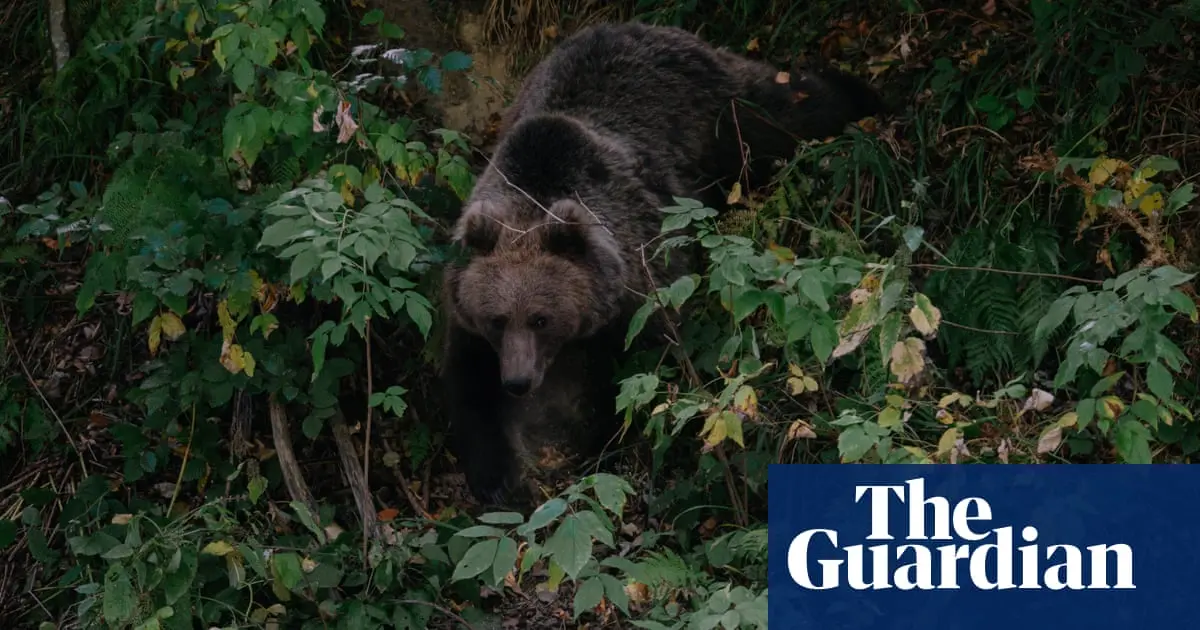Europe’s brown bears are a protected species. But they – alongside wolves and lynxes – are increasingly crossing paths with farmers, forestry officials and hunters such as Supeková. The appetite for killing big carnivores has shot up as wolf and bear populations have grown, several bear attacks have made headlines, and politicians have taken aim at laws that brought back them back from the brink of extinction.
Sweden has issued permits to kill 486 of its brown bears, about 20%, this hunting season, which runs until mid-October. In 2023, the country conducted record-breaking culls of lynxes and wolves. Romania’s MPs voted in July to double its hunting quota from 220 brown bears to 481. In Slovakia, where a bear was recently filmed rampaging through a village, lawmakers voted in June to allow hunting near villages under certain conditions. In July, the European court of justice ruled that recent wolf culls in Austria and Spain were unlawful. Earlier in the year, Switzerland also faced legal challenges for its proposal to kill 70% of its wolf population.



Why can’t I ask humans not to breed so much that they’re hurting the wolves? There’s far more humans than wolves. Who is really at risk here?
The wolves. We’re both at the top of our food chains, so losing either humans or wolves isn’t a problem for the planet
I’m sure the wolves will appreciate your tasty offering if you’d prefer
Guess you never heard of how the Yellowstone wolves dramatically changed the ecosystem after being reintroduced. Source